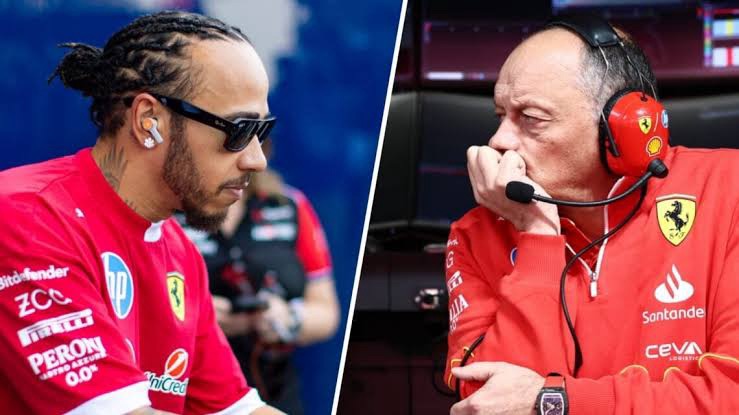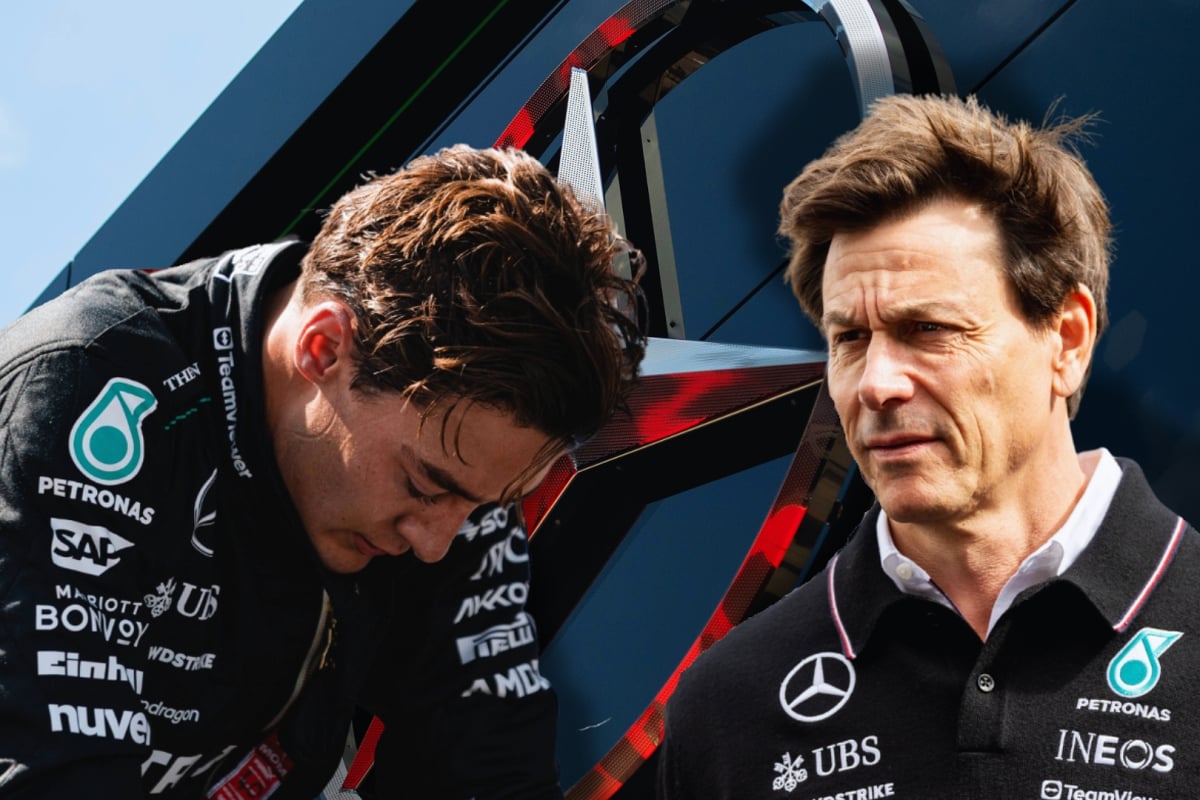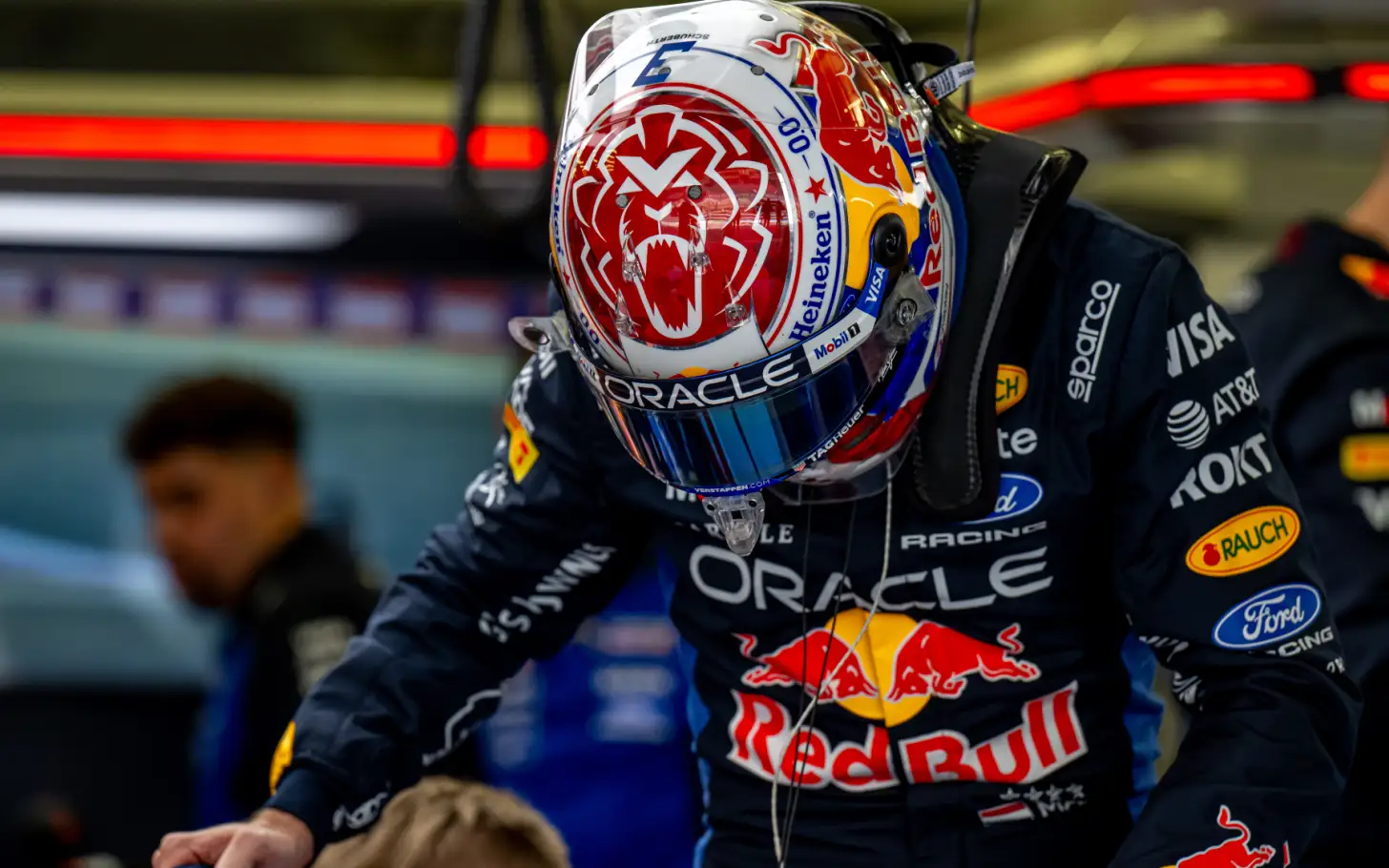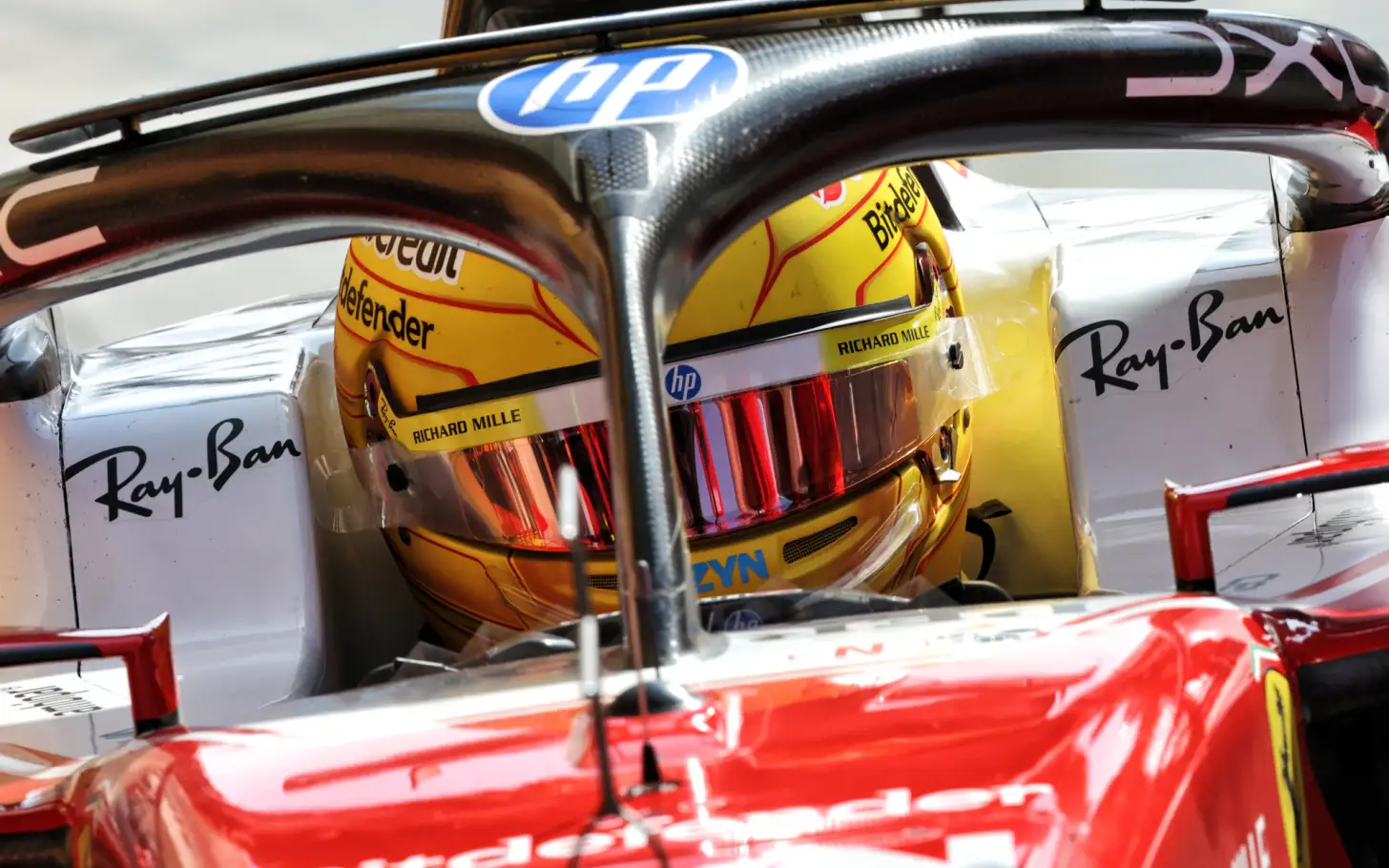FIA Eyes Sustainable V10 Engine Return as F1 Teams Summoned for Bahrain GP Talks
As the 2025 Formula 1 season gets underway, a significant development is taking shape ahead of the Bahrain Grand Prix. The FIA has reportedly summoned representatives from all four current engine manufacturers — Ferrari, Mercedes, Honda, and Renault — for a high-level meeting during the race weekend. The topic at hand? A bold proposal to reintroduce V10 engines to the sport, this time powered entirely by sustainable fuels.
According to Autosport, the FIA has formally scheduled the meeting, although specific agenda items have not been officially disclosed. However, sources close to the matter indicate that the key point of discussion will center on a concept championed by FIA President Mohammed Ben Sulayem. The president has previously voiced interest in reviving V10 engines — a move aimed at enhancing the thrill factor in Formula 1 while aligning with the sport’s commitment to sustainability.
Ben Sulayem sparked widespread interest recently when he floated the idea of bringing back V10 power units, not in their traditional fossil fuel-burning form, but using 100% sustainable fuel technology. While the idea is still in its early stages, it has reportedly garnered attention within F1’s inner circles. The upcoming meeting is expected to serve as a platform for the FIA to gauge the manufacturers’ reactions and gather input before making any concrete moves.
The last time V10 engines featured in Formula 1 was in 2005, before the sport transitioned to V8 engines and eventually the current turbo-hybrid V6 format introduced in 2014. While the hybrid era has produced major technological and environmental milestones, many fans still yearn for the raw, visceral sound and power that defined the V10 era. The FIA’s latest idea aims to recapture some of that nostalgic excitement while still promoting environmental responsibility through the use of clean, renewable fuels.
Nikolas Tombazis, the FIA’s single-seater director, has acknowledged the discussions, clarifying that no decisions have been finalized. However, he did not rule out the possibility of a V10 return in the future. The proposal reflects the FIA’s growing interest in sustainable fuel technologies, which aligns with Formula 1’s broader goal of achieving carbon neutrality by 2030.
Despite the buzz around this potential shake-up, the timing of the idea introduces complications. Formula 1 has already locked in new power unit regulations set to begin in 2026 and run through the 2030 season. These upcoming rules preserve the hybrid engine layout but significantly boost the electrical component — increasing electric power output from 120kW to 350kW — and require engines to run entirely on sustainable fuels.
These regulations have played a crucial role in attracting new manufacturers to the sport. Audi, for instance, is entering F1 in 2026 as an engine supplier and has already invested heavily in developing a power unit that complies with the upcoming hybrid-focused rules. Audi executives have voiced concerns that an unexpected shift back to combustion-heavy V10 engines could jeopardize their long-term investment and undermine the strategic direction they’ve committed to.
Other manufacturers share similar concerns. Ford, which is returning to F1 in partnership with Red Bull Powertrains for the 2026 season, has also committed to the sustainability goals embedded in the next generation of F1 engines. General Motors is another major player on the horizon, with plans to join the sport in 2028 under the Cadillac banner. Like Audi and Ford, GM’s interest in F1 is partly rooted in the sport’s push toward greener technologies and a more electrified future.
A sudden return to V10 engines — even if powered by sustainable fuels — could cause friction among these stakeholders, especially if it occurs before the end of the 2026–2030 regulation cycle. Such a pivot might disrupt the competitive and technical landscape that these manufacturers are currently shaping.
Nonetheless, the FIA seems eager to explore all possibilities. The upcoming meeting in Bahrain will serve as a crucial platform for teams and stakeholders to discuss the concept in greater depth. While no immediate decisions are expected, the discussion will help determine whether a sustainable V10 engine has a place in the future of F1 — possibly from 2031 onwards, once the current engine cycle concludes.
As the sport stands at the crossroads of heritage and innovation, the potential return of V10 engines represents more than just a technical change — it embodies Formula 1’s attempt to honor its exhilarating past while racing toward a cleaner, greener future. Whether the legendary sound of V10s will once again echo across circuits remains uncertain, but the debate has officially begun.



